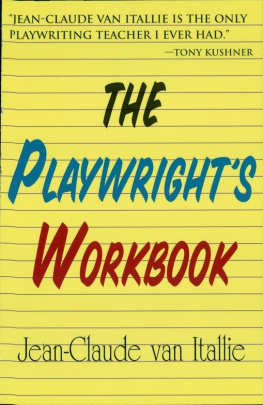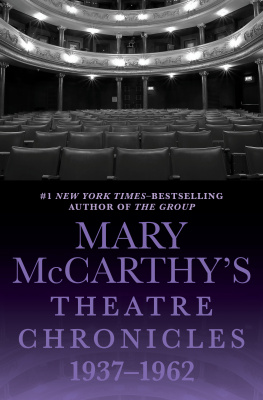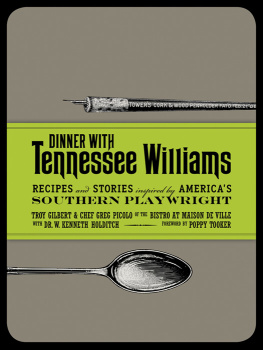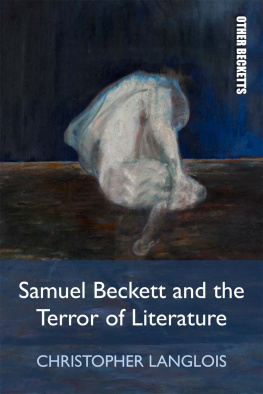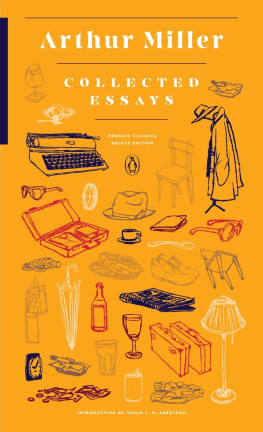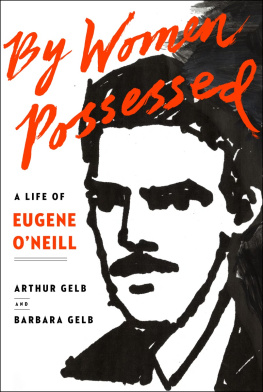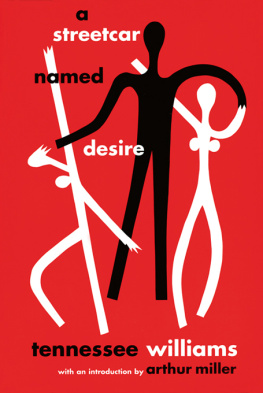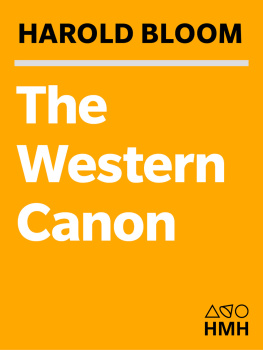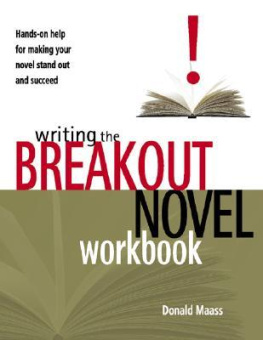ACKNOWLEDGMENTS
With profound gratitude to teachers, friends, and students who over the years have contributed to this workbook in one way or another, including:
Joyce Aaron, Stella Adler, Mark Amitin, Robert Anton, Richard Armstrong, Eric Bentley, Glenn Berenbeim, Peter Brook, Robert Brustein, Lillian Butler, Joseph Chaikin, Bill Coco, Emile Conrad-Daoud, Nancy Cooperstein, Robert Chapman, Gordon Davidson, Nick Deutsch, Alvin Epstein, Gwen Fabricant, Kaffe Fassett, Edward Field, Michael Feingold, Merle Feld, Carl Forsman, Mary Frank, Clara Freeman, Sharon Gans, Jean Genet, Richard Giannone, Richard Gilman, Wendy Gimbel, Allen Ginsberg, Joel Gluck, Didi Goldenhar, Peter Goldfarb, Ricky Ian Gordon, Spalding Gray, Jerzi Grotowsky, Cynthia Harris, Jonathan Hart-Makwaia, William G. Hoffman, Morag Hood, Debby Katz, Fred Katz, Roger Klein, Harry Kondoleon, Francoise Kourilsky, Tony Kushner, Rebecca Kutlin, Vicki dello Joio, John Leguizamo, Peggy Ann Lloyd, Leueen MacGrath, Elizabeth Mailer, Kim Mancuso, Shanti Mohling, Wendy MacLeod, Judith Malina, Adam Melnick, Joan Miller, Rob ONeill, Richard Peaslee, Steven Post, Diane di Prima, David Peters, Carol Fox Prescott, Marianne de Pury, Rosemary Quinn, Gerry Ragni, Gordon Rogoff, Ned Rorem, Birdy Rutkin, Adnan Sarhan, Tony Scheitinger, Daniel Seltzer, Stephanie Sills, Nancy Spanier, Ellen Stewart, David Threlfall, Chogyam Trungpa, Robert Wilson, Glenn Young, David Wolpe, and Lee Worley.
SELECTED BIBLIOGRAPHY
Artaud, Antonin. The Theater and Its Double.
Beckett, Samuel. Endgame.
. Waiting for Godot.
Brecht, Bertolt. The Exception and the Rule.
. The Threepenny Opera.
Chekhov, Anton. The Cherry Orchard. In Chekhov, The Major Plays, English version by Jean-Claude van Itallie. New York: Applause Books, 1995.
. The Sea Gull. In Chekhov, The Major Plays, English version by Jean-Claude van Itallie. New York: Applause Books, 1995.
. Three Sisters. In Chekhov, The Major Plays, English version by Jean-Claude van Itallie. New York: Applause Books, 1995.
Ibsen, Henrik. A Doll House.
Ionesco, Eugene. The Bald Soprano.
. The Chairs.
. The New Tenant.
Miller, Arthur. Death of A Salesman.
Pinter, Harold. The Caretaker.
. The Dumb Waiter.
Williams, Tennessee. Cat on a Hot Tin Roof.
SUGGESTED ADDITIONAL READING
Aristotle. Poetics.
Brook, Peter. The Open Door: Thoughts on Acting and Theater.
Churchill, Caryl. Fen.
Euripedes. Medea.
Garfield, Patricia. Creative Dreaming.
Genet, Jean. The Balcony. Grove Press.
Handke, Peter. Offending the Audience in Kaspar and Other Plays, translated by Michael Roloff. New York: Farrar, Straus and Giroux, Inc., 1969.
Kushner, Tony. Angels in America.
Shakespeare, William. King Lear.
van Itallie, Jean-Claude. America Hurrah and Other Plays. New York: Grove Press, 1978.
AFTERWORD
In 1940, at the start of the holocaust, I emigrated from Belgium, at the age of four, with my parents. I was raised in Great Neck, a prosperous Long Island suburb, whose antiseptically pretty streets and houses seemed devoid of signs of work, old age, disease, or death.
After taking a playwriting class as an undergraduate at Harvard, where I also directed some plays, I studied acting for a summer in New York City.
In 1960, living in Greenwich Village and hungry for uptown acceptance, I tried conforming to what I thought Broadway wanted by writing a play which got me an agent, a couple of polite rejection letters from producers, and little else.
Two years later, giving up hope that my work would ever be produced, I wrote two short plays to please myself. Created from a deeper place and influenced by Artaud, these plays are unusual in form. War is personal and dreamlike, a play for two actors and a lady. Motel is a voice-over monologue spoken while three huge dolls write graffiti on the set, eventually destroying it. To my astonishment, War was produced in one of the first workshop in what was later called Off Off-Broadway. Motel was produced Off-Broadway too, in a loft two flights up on Second Avenue in the East Village at Ellen Stewarts Cafe LaMama. Even more amazing was that in November 1966, my trilogy of short plays including Motel, called America Hurrah, became a major Off-Broadway success. America Hurrah was a play both radical in form and in its politics (anti-Viet Nam), which I was sure the critics would loathe. Instead it was an overnight sensation.
The apple-pie fifties with their false facade were finally over. The moment was ripe for expressing on stage rage at Americas thus far unacknowledged aggression in the Viet Nam War and the suppression of truth.
I was lucky to be in the right place at the right historical time both to learn my craft and to find a place to express it. In 1963, living on Christopher Street (and earning my living through odd jobs including writing for public affairs television), I found myself part of a new, small but exciting theater movement. Our loose community was comprised of mostly young people living in the Village who had in common a disaffection with establishment values, a passion for making theater, and a yearning for a stage on which to express truths we were just discovering. We were helped by Ellen Stewart who founded Cafe LaMama, produced new plays without money, and encouraged my playwriting more than anyone. Our community also included director Joe Chaikin, who founded the Open Theater (a changing ensemble of dedicated, unpaid actors) and whose partner I became in developing new theatrical forms, ultimately creating our first ensemble play, The Serpent. Al Carmines, Maria Irene Fornes, William G. Hoffman, Adrienne Kennedy, Charles Ludlam, Judith Malina, Robert Patrick, Sam Shepard, Megan Terry, Michael Smith, Robert Wilson, and Lanford Wilson were also part of the Off Off-Broadway movement.
Theater seems always to be in urgent dialogue with the forces shaping the historical time. Our generation discovered that words can be vehicles for lies. We came to distrust the words spoken by politicians, advertisers, preachers, journalists, and nearly everyone in power. Yet as playwright for an idealistic theater ensemble, it was my job to use those same mistrusted words to tell the truth as best I could. I learned to be economical with words spoken onstage, to choose them carefully, and value them as anchors for feeling.
If the sixties was a decade of inspired group action, the seventies was one of retrenchment, politically and theatrically. While continuing to write plays in new theatrical forms and to teach playwriting (at Yale, Princeton, and other schools), I also began to explore and learn from past great masters of the art.
The McCarter Theater at Princeton commissioned me to write a new English version of Chekhovs The Sea Gull, which was later produced at the Manhattan Theater Club. The Public Theater in New York then asked me to write a new English version of The Cherry Orchard, which was produced at the Vivian Beaumont Theater at Lincoln Center. Later I worked on Three Sisters and Uncle Vanya for productions at the Manhattan Theater Club and Cafe LaMama in New York and the American Repertory Theater in Cambridge, Massachusetts.
In these texts I focussed on the spoken rather than the written word, working with assistants who were actors. My goal was to render Chekhov in an English neither overly contemporary nor fusty with age, a language that would flow from the actors mouths in such a natural rhythm that adaptation from another language would not be evident.

